Where rivers whisper: A traveler's odyssey through Hubei
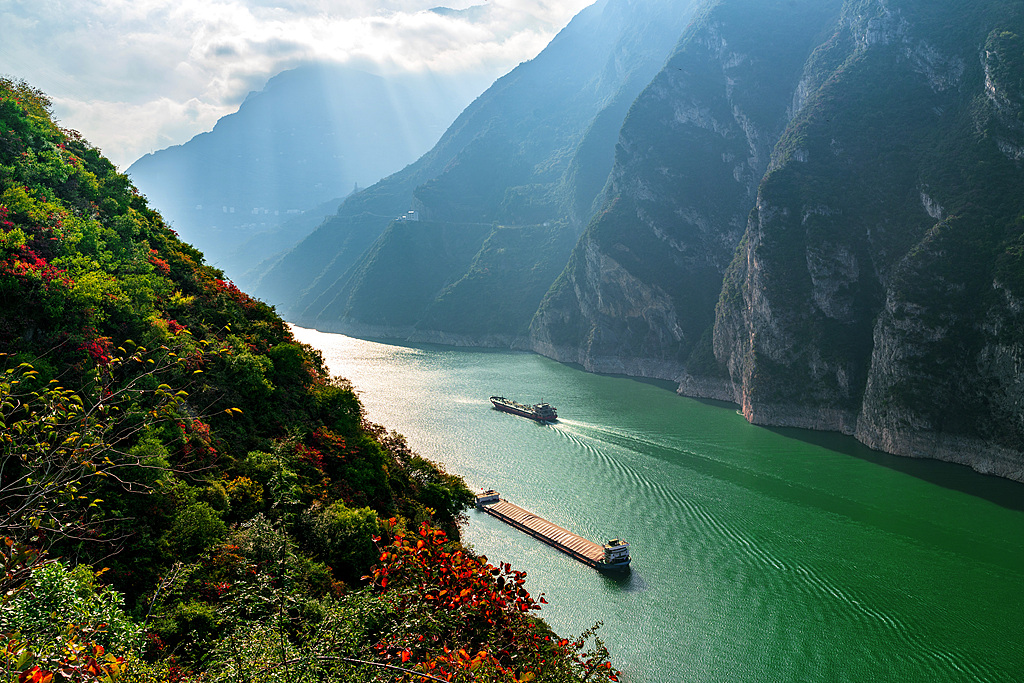
Step into the heart of China with a journey to Hubei province — where ancient wonders meet vibrant cities, misty mountains rise above calm lakes, and spicy street food warms the soul.
This guide introduces you to Hubei's must-visit spots: Wuhan's riverside charm, Yichang's gateway to the Three Gorges, Shennongjia's mysterious forests, and Jingzhou's rich history. Here's how to travel smart and enjoy the best of Hubei.
Getting to Hubei from Shanghai
By Air
A direct flight from Shanghai to Wuhan takes about 2 hours, with several options daily from China Eastern Airlines, China Southern, and Shanghai Airlines.
By High-Speed Rail
High-speed rail is a great choice — you'll pass through farmlands, low hills, and cityscapes throughout your 4.5-to-5-hour journey. Sit back, relax, and enjoy the views as you head into the heart of Central China.
Hubei's Cultural & Natural Highlights
Located along the Yangtze River, Hubei offers a mix of natural beauty, rich history, and modern city life. It's often called the "Province of a Thousand Lakes", and is also home to scenic national parks, delicious food, and ancient Chu culture.
Wuhan – The Capital of Central China
Yellow Crane Tower
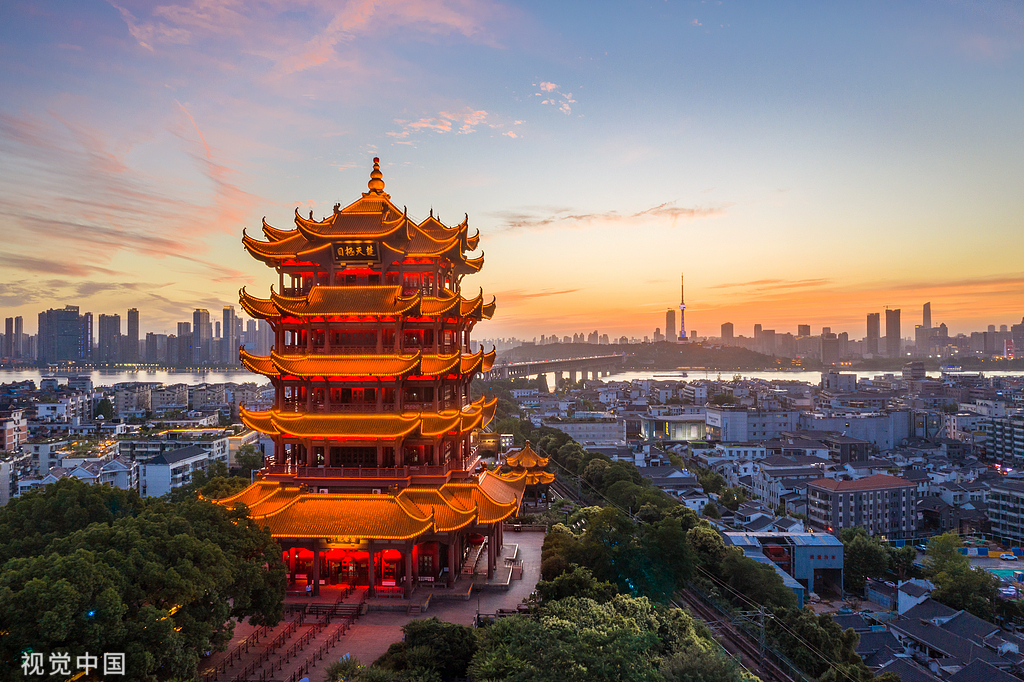
This iconic tower overlooks the Yangtze River and is one of the most famous landmarks in all of China. It has been praised by poets for centuries and offers great views of the city.
East Lake
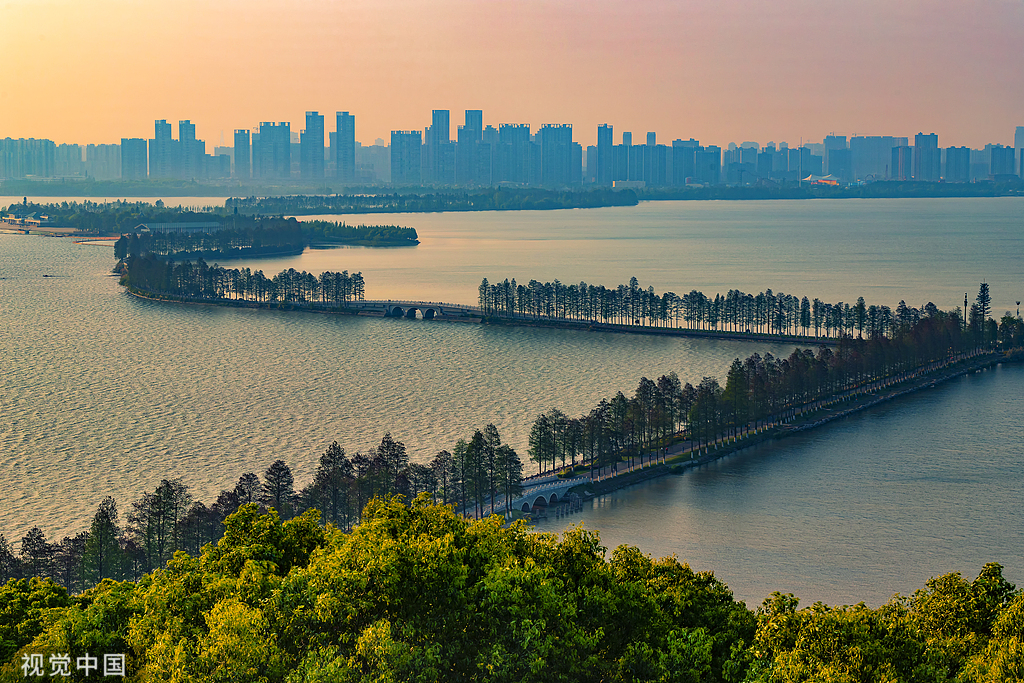
A peaceful walk or bike ride around East Lake, the largest urban lake in China, offers a serene experience. In spring, the shores are adorned with blooming cherry blossoms, creating a picture-perfect scene.
Hot Dry Noodles

Don't miss Wuhan's iconic dish — hot dry noodles (rè ɡān miàn). These sesame-flavored noodles are simple but full of flavor, often served as a quick breakfast or snack by locals.
Yichang – Gateway to the Three Gorges
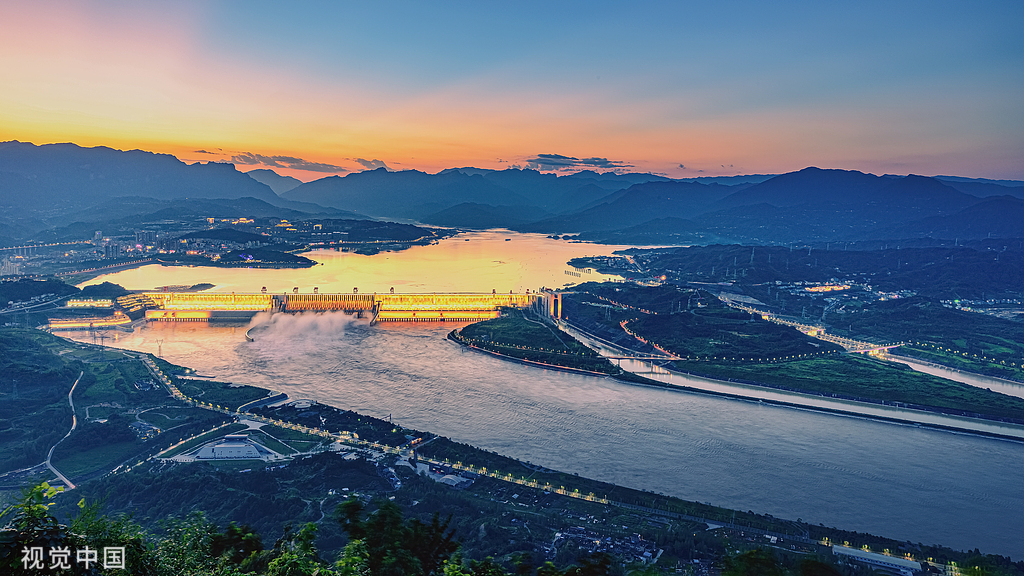
As the world's largest hydropower project, the Three Gorges Dam is a symbol of modern China. You can take a guided tour to discover its engineering feats and enjoy the breathtaking views of the Yangtze River.
Yangtze River Cruise
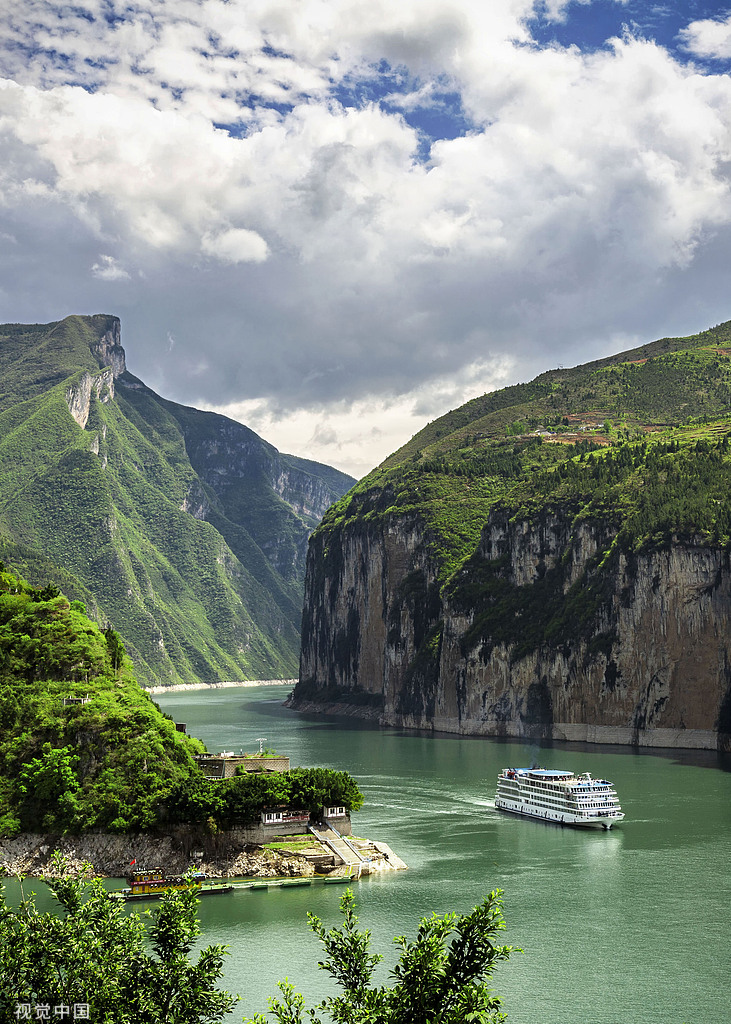
A cruise from Yichang takes you through the majestic Three Gorges, offering stunning views of steep cliffs, lush valleys, and ancient villages perched on the hillsides.
Shennongjia – Into the Wild
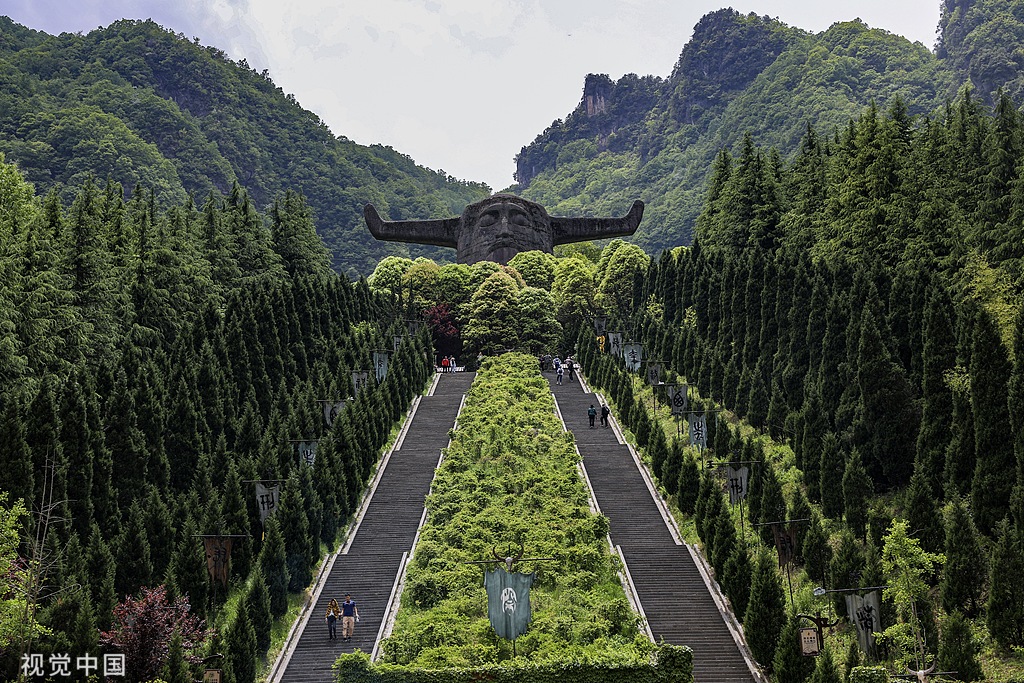
This UNESCO World Heritage Site is filled with rare animals, deep valleys, and legends of the "wild man" (China's version of Bigfoot). It's perfect for nature lovers and hikers.
Jingzhou – A City of Ancient History
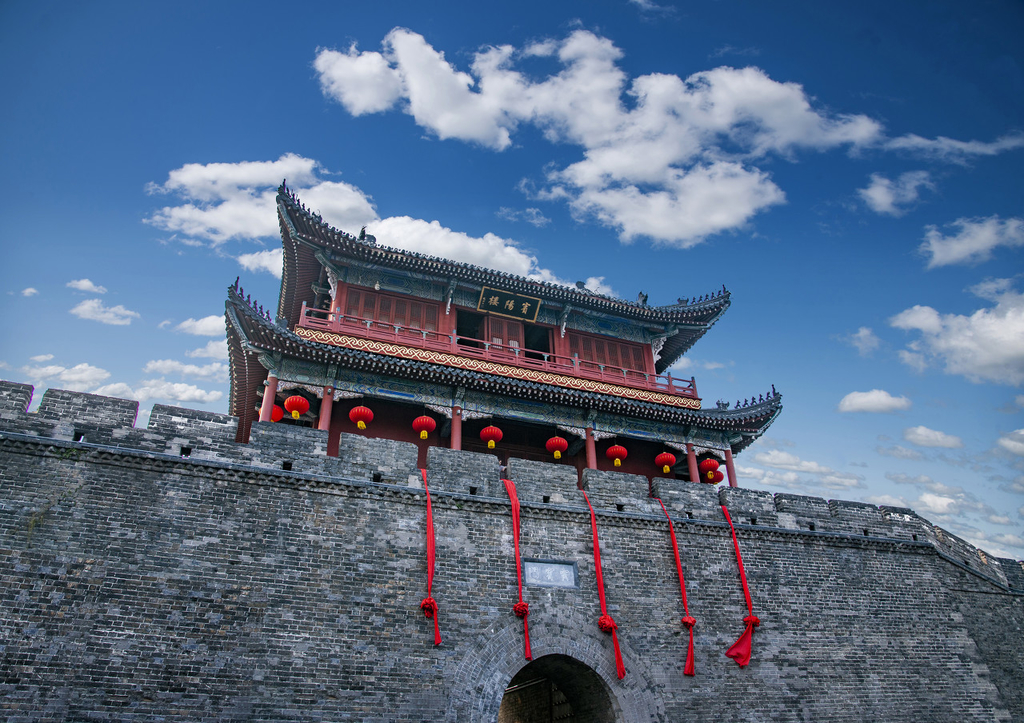
The well-preserved ancient walls of Jingzhou stand as a testament to its strategic role as a key military stronghold. During the Three Kingdoms period (220-280), the city was a vital battlefield that shaped the course of Chinese history.
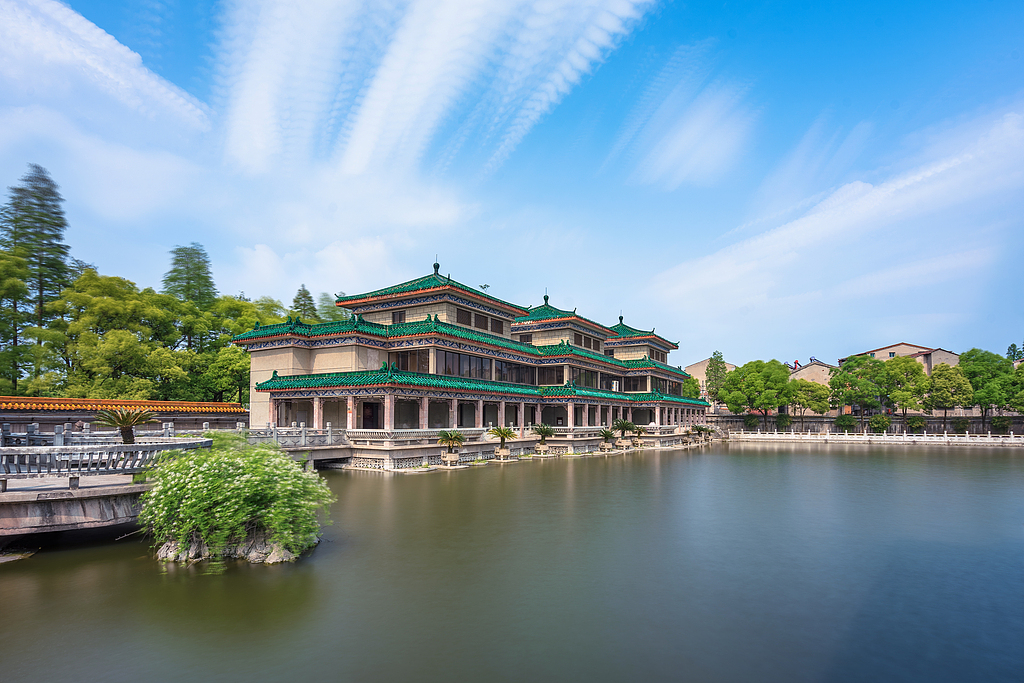
The Jingzhou Museum offers a vivid glimpse into ancient China, with one of the richest collections of Chu culture relics. Artifacts, bronze ware, and ancient tombs reveal the art and legacy of a powerful kingdom over 2,000 years old.
Final Tips:
- Best Time to Visit: Spring (March–May) and autumn (September–November) are the best seasons — comfortable weather and fewer crowds. Summers can be hot and humid.
- Transport within Hubei: Wuhan has a modern subway system. For other cities, high-speed trains and long-distance buses are reliable. Hiring a local driver is a good way to visit nature spots like Shennongjia.